Description
Sodium Sulfite: A Versatile Chemical with Diverse Applications
Sodium sulfite (Na₂SO₃) is a soluble sodium salt of sulfurous acid, a common reducing agent used in a wide array of industrial and laboratory applications. While perhaps not a household name, this unassuming chemical plays a vital role in photography, food preservation, wastewater treatment, and numerous other processes.
Understanding Sodium Sulfite’s Properties:
Sodium sulfite is a white, crystalline solid that is odorless and readily soluble in water. Its reducing properties stem from its ability to donate electrons, allowing it to react with oxidizing agents. This characteristic is key to its many applications. However, it’s important to note that sodium sulfite can decompose in acidic conditions to release sulfur dioxide (SO₂), a gas with a pungent odor that can be irritating to the respiratory system. Therefore, proper handling and storage are crucial.
Key Applications of Sodium Sulfite:
- Photography: Sodium sulfite is a crucial component of photographic developers. It acts as a preservative, preventing the developer from oxidizing and deteriorating too quickly. It also helps clear the film of unexposed silver halide crystals after development, ensuring a clear and precise image.
- Food Preservation: Sodium sulfite, like other sulfites, is used as a food preservative to prevent discoloration, inhibit microbial growth, and maintain the freshness of various foods. It’s commonly found in dried fruits, processed meats, and other packaged goods. However, due to potential allergic reactions in sensitive individuals, the use of sulfites in food is carefully regulated, and products containing them are often required to be clearly labeled.
- Wastewater Treatment: Sodium sulfite is used to dechlorinate wastewater, removing excess chlorine that can be harmful to aquatic life. It reacts with chlorine, converting it into harmless chloride ions. This is a crucial step in ensuring that treated water meets environmental regulations before being discharged back into natural water bodies.
- Textile Industry: In the textile industry, sodium sulfite is used as a reducing agent to bleach fibers and remove residual chlorine after bleaching processes. Its mild reducing properties make it suitable for delicate fabrics.
- Paper Industry: Sodium sulfite plays a role in the paper-making process, particularly in the production of pulp by the sulfite process. This process utilizes sulfurous acid and its salts, like sodium sulfite, to dissolve lignin, a component of wood that binds cellulose fibers together.
- Other Applications: Beyond these major applications, sodium sulfite finds use in:
- Pharmaceuticals: As an antioxidant and reducing agent.
- Laboratory Reagent: In various chemical reactions and analyses.
- Boiler Water Treatment: To remove dissolved oxygen and prevent corrosion.
Safety Considerations:
While sodium sulfite is generally considered safe for its intended uses, it’s important to be aware of potential hazards:
- Allergic Reactions: Some individuals are sensitive to sulfites and can experience allergic reactions ranging from mild skin irritation to severe respiratory distress. Food labels should be carefully checked for the presence of sulfites.
- Sulfur Dioxide Release: In acidic conditions, sodium sulfite can decompose and release sulfur dioxide, an irritant to the respiratory system. Proper ventilation should be ensured when handling large quantities of sodium sulfite, especially in acidic environments.
- General Precautions: As with any chemical, proper handling practices, including wearing appropriate personal protective equipment (PPE) like gloves and eye protection, should be followed.
Conclusion:
Sodium sulfite is a versatile and valuable chemical with a wide range of applications across various industries. Its reducing properties make it essential in photography, food preservation, wastewater treatment, and many other processes. Understanding its properties, applications, and safety considerations is crucial for its responsible and effective use. While it may not be a household staple, sodium sulfite quietly contributes to numerous aspects of our daily lives.

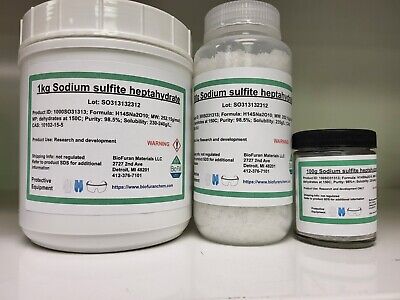


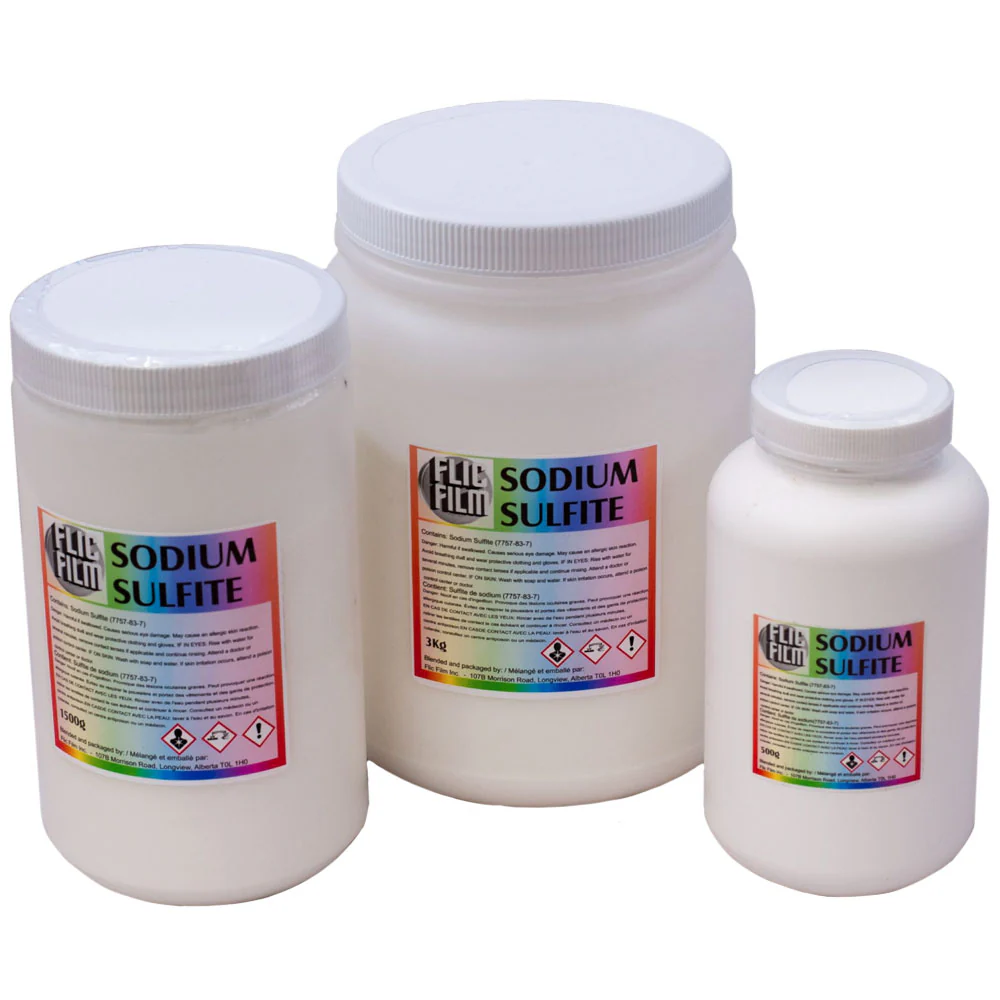
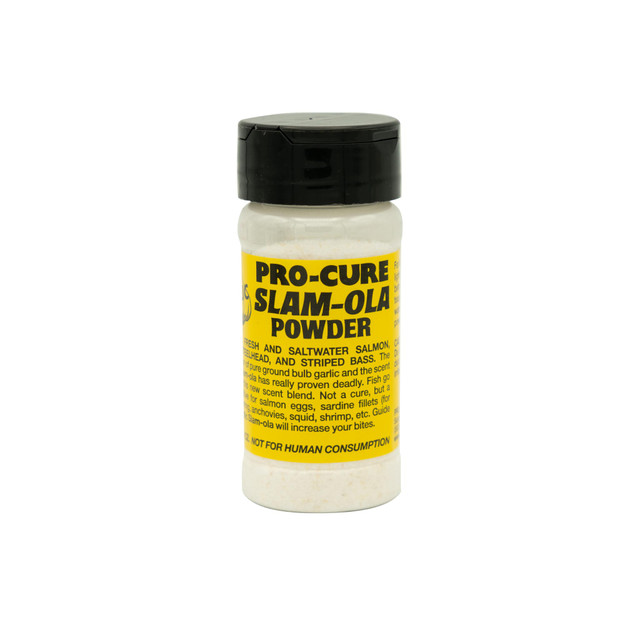



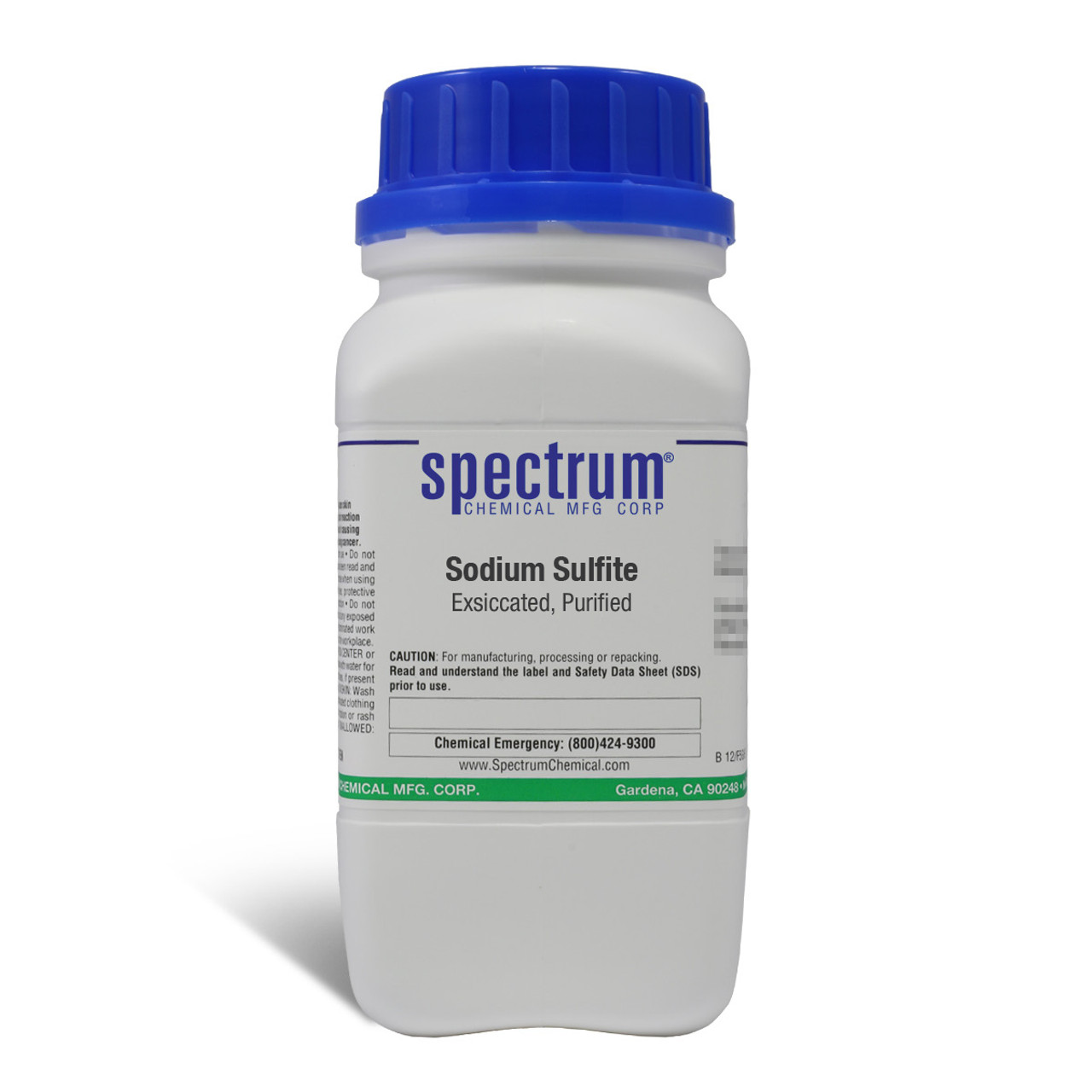

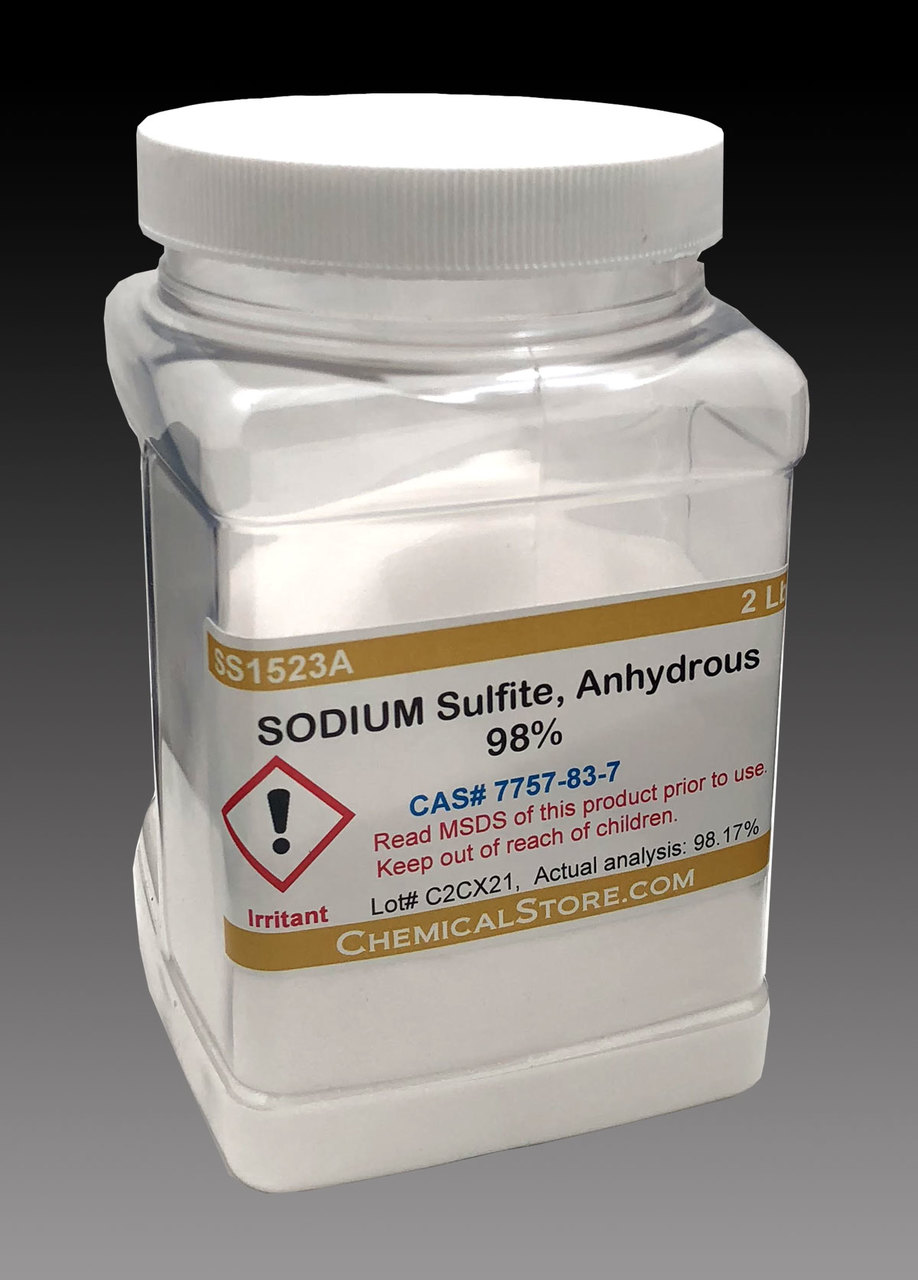

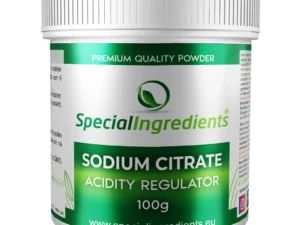


Reviews
There are no reviews yet.